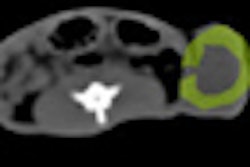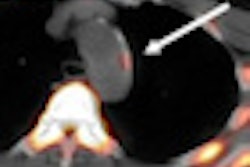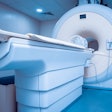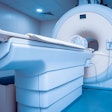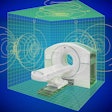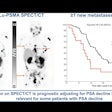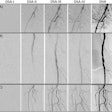
NEW YORK (Reuters Health), Jun 16 - For locally advanced and metastatic prostate cancer, the best timing and duration of androgen-deprivation therapy (ADT) is unclear. Now, a systematic review suggests immediate and sustained treatment leads to best results, especially when combined with local treatment.
"Irradiation or surgical removal of the primary tumor appears to be a necessary condition to fully benefit from prolonged (i.e., > 6 mo) ADT," lead author Dr. Paul C.M.S. Verhagen, of Erasmus MC in Rotterdam, Holland, and colleagues report online May 27 in European Urology.
They add that not all patients with T3 and/or node-positive disease will need combined treatment, and that those expected to die within three to five years are most likely to benefit.
"Whether the survival advantage of combined treatment is large enough to counterbalance the side-effects of prolonged ADT and local treatment is an issue that has to be settled in discussion with an informed patient," they say.
Dr. Verhagen and colleagues analyzed 17 reports of 14 randomized studies of prostate cancer treatment published since 1970. They included those that reported cancer-specific and overall survival for immediate vs. deferred ADT (orchiectomy or luteinizing hormone-releasing hormone) or adjuvant ADT.
For immediate vs. deferred ADT, meta-analysis of data from five studies showed significant improvements in overall (hazard ratio, 0.90) and cancer-specific mortality (HR, 0.79). However, the researchers note that treatment lasted substantially longer in the immediate ADT group.
"With the well-documented side effects of prolonged exposure to ADT" -- including erectile dysfunction, fatigue, and depression -- "many clinicians argue that in this setting, the modest benefit does not outweigh the disadvantages for most patients," Dr. Verhagen and colleagues say.
The five trials of adjuvant ADT showed a greater effect on survival, but also more heterogeneity; the duration of ADT varied from six months to life-long. Meta-analysis showed that adjuvant ADT significantly reduced overall mortality (HR, 0.69) and prostate cancer deaths (HR, 0.51).
The researchers argue that results cannot be explained by the radiosensitizing effects of ADT alone, but must involve systemic effects.
"Among other important points, the authors highlight the body of evidence that ADT alone is not optimal treatment for localized prostate cancer," Dr. Philip J. Saylor of Massachusetts General Hospital in Boston, who was not involved in the study, told Reuters Health by e-mail.
"The available literature clearly supports the use of neoadjuvant/concomitant/adjuvant ADT in men receiving primary radiation therapy for prostate tumors that are at intermediate to high risk for later relapse," he added. "In patients with high risk/locally advanced disease, results of the EORTC trial published by Bolla et al in 2009 are particularly important as they clearly demonstrate a survival advantage for long term (3 years) ADT when compared with short term (6 months) ADT." (See Reuters Health story of Jun 10, 2009.)
By Frederik Joelving
http://www.europeanurology.com/article/S0302-2838%2810%2900464-1/fulltext
Eur Urol 2010.
Last Updated: 2010-06-15 9:37:02 -0400 (Reuters Health)
Related Reading
Radiotherapy prolongs survival with locally advanced prostate cancer, June 8, 2010
Copyright © 2010 Reuters Limited. All rights reserved. Republication or redistribution of Reuters content, including by framing or similar means, is expressly prohibited without the prior written consent of Reuters. Reuters shall not be liable for any errors or delays in the content, or for any actions taken in reliance thereon. Reuters and the Reuters sphere logo are registered trademarks and trademarks of the Reuters group of companies around the world.





